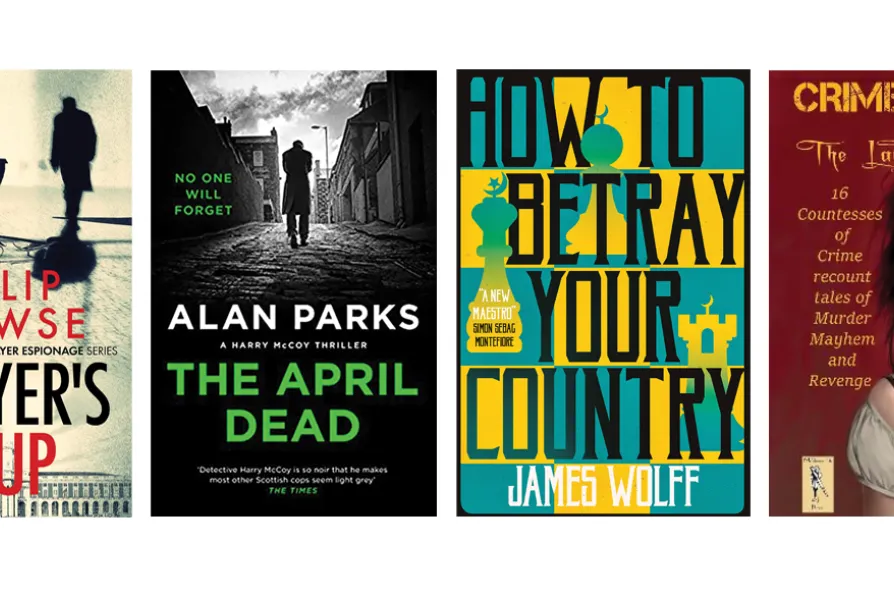RITA DI SANTO draws attention to a new film that features Ken Loach and Jeremy Corbyn, and their personal experience of media misrepresentation


THE launch of Crimeucopia, a series of themed paperback anthologies, is a promising development for British crime fiction, especially for those who treasure the purest form of the genre, the short story.
The first quarterly issue is a women-only volume subtitled The Lady Thrillers (Murderous Ink Press, £8.99), featuring 16 women writers from various countries and of varying styles.
At the start of How to Betray Your Country by James Wolff (Bitter Lemon, £8.99), August Drummond has been sacked by MI5 and his wife has died in an accident.

Timeloop murder, trad family MomBomb, Sicilian crime pages and Craven praise

A heatwave, a crimewave, and weird bollocks in Aberdeen, Indiana horror, and the end of the American Dream

Reasonable radicalism, death in Abu Dhabi, locked-room romance, and sleuthing in the Blitz











